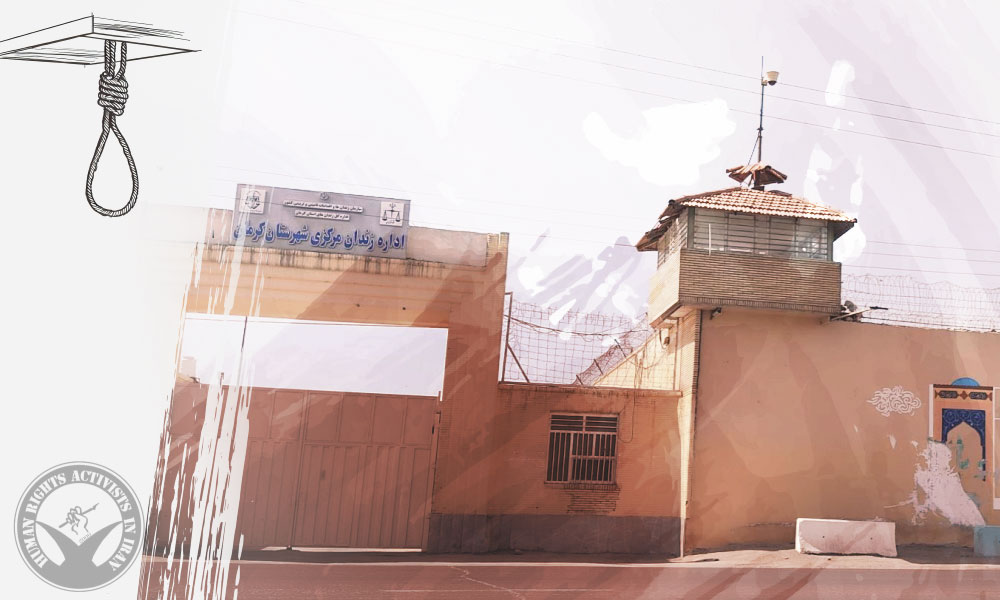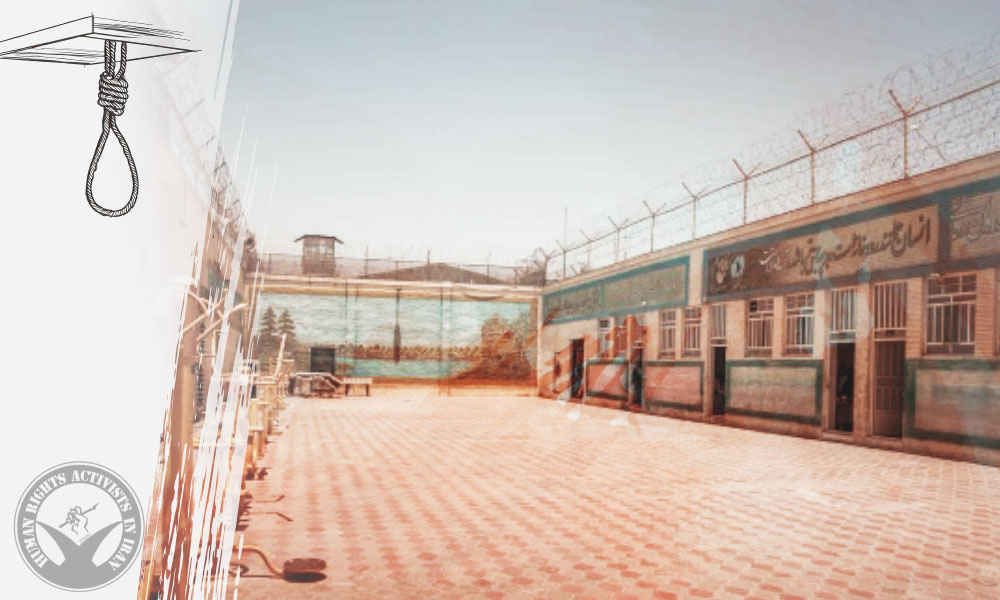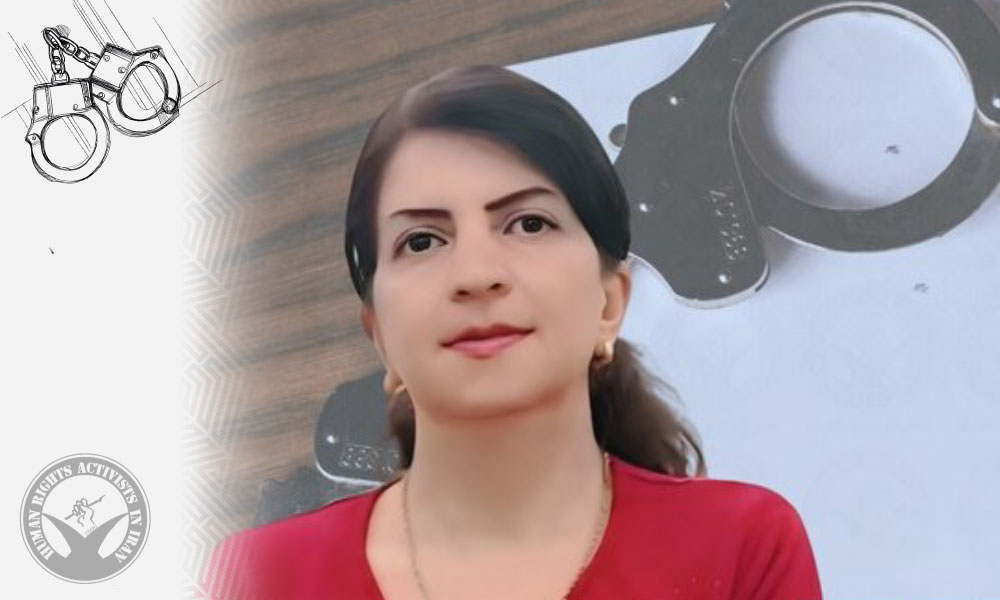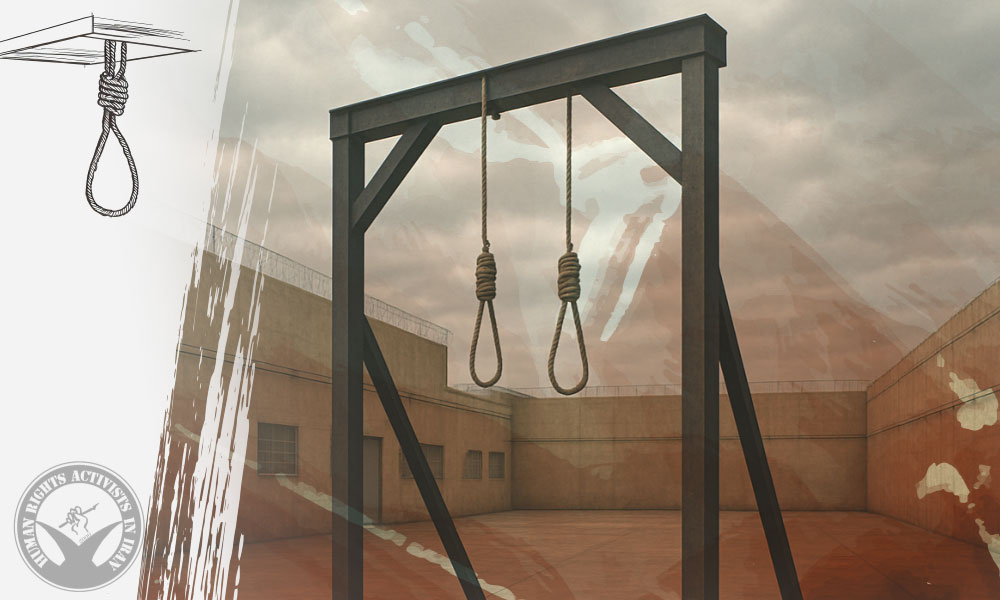HRANA – Today, Thursday, October 16, the hunger strike by prisoners in Karaj’s Ghezel Hesar Prison entered its fourth consecutive day. Hundreds of inmates continue refusing their food rations in protest against the escalating wave of executions. Over the past few days, at least several prisoners have been executed in this prison.
Based on information obtained by HRANA, inmates in Ward 2 of Ghezel Hesar Prison, most of whom are detained on drug-related charges, began refusing their food rations on Monday as an act of protest.
A family member of one imprisoned individual told HRANA:
“It’s been four days since I last heard from my husband. The ward’s phones have been cut off, and we’ve only heard that several people were taken for execution. We are completely deprived of any contact or information and only learn from outside sources that several prisoners are executed each day.”
Alongside the ongoing strike, several families of prisoners sentenced to death have gathered in front of the prison in recent days, calling for a halt to the executions. These gatherings have faced restrictions and pressure from security forces.
The prisoners’ protest began when 16 inmates were transferred to solitary confinement for execution. In the early days of the protest, inmates in at least Wards 1 and 2 refused their food rations and held sit-ins in the ward halls.
Since the start of these protests, at least five prisoners have been executed in Ghezel Hesar Prison.
Between October 10, 2024, and October 8, 2025, HRANA’s Statistics and Publication Department has recorded 1,537 executions in Iran. According to this data, Ghezel Hesar Prison in Karaj has accounted for the highest number of executions during this period.
The same report compares ten years of execution data in Iran, showing that 6,399 prisoners have been executed over the past decade. Execution rates in 2024 and 2025 have reached their peak, with at least 1,537 recorded cases—the highest figure in the past ten years. This represents an over 86% increase compared to the previous year (823 cases) and surpasses the ten-year annual average.













